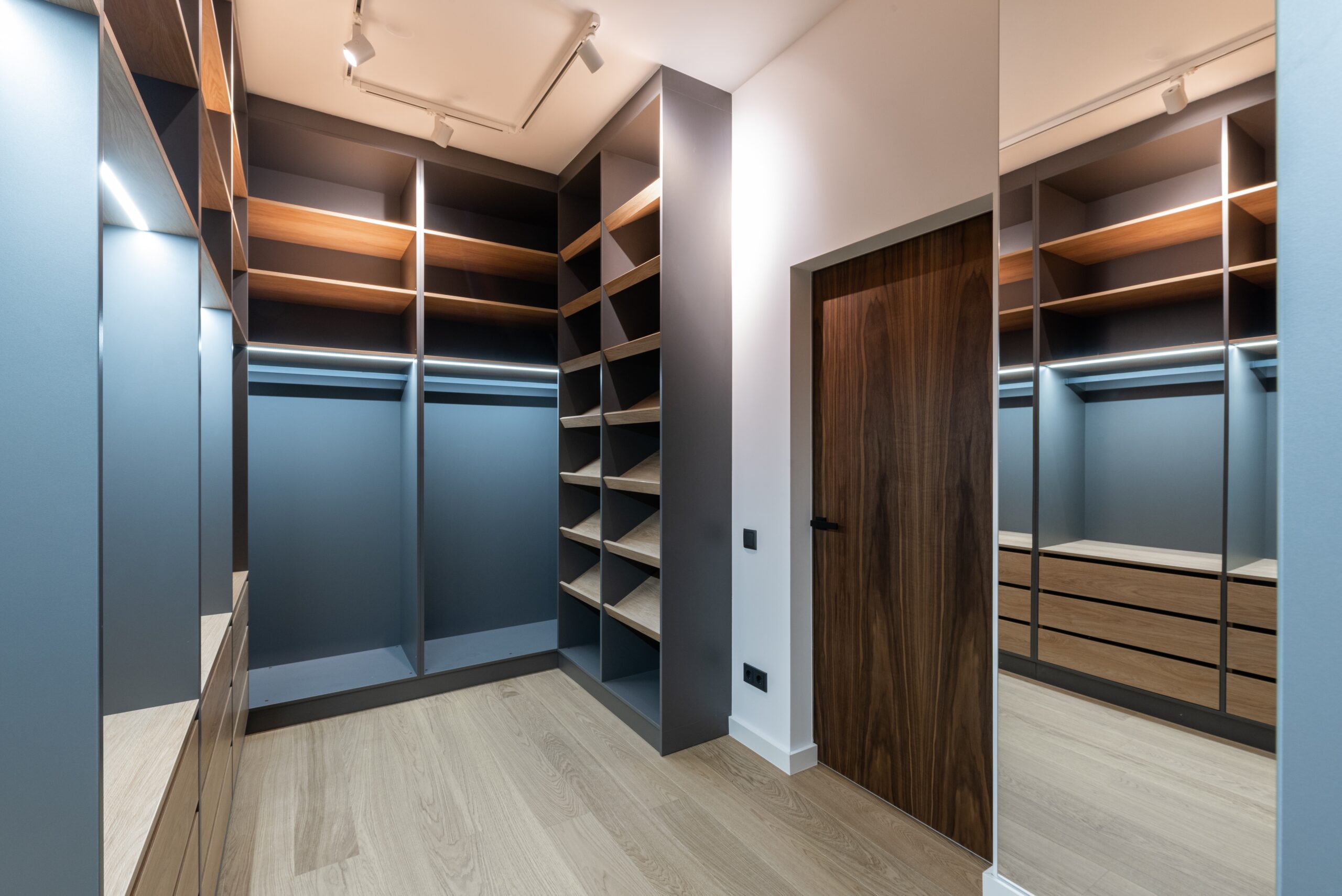Women in furniture

We titled this article “women in furniture” because its international women’s day, what better wat to mark, identify and celebrate women all over the world than to leverage on Ikechukwu story who is the proprietor and chief designer of Cheeo Furnitures — a hub open to skilled furniture builders in this city in Edo State. (women in furniture)
Work starts in earnest in the yard, where several pieces of furniture, including tables, chairs, beds and other pieces of home decor, are already complete and on display for sale.
JOURNEY
“The yard is usually open to any furniture maker. So, different people come here to work. I start my day by praying and changing to my uniform before sorting out the materials for use in the day,” Ikechukwu explained, before getting down to work.
Although there are several other furniture yards on this stretch of road, Cheeo is unique. In most yards, a businessman owns the business and the artisans — many extremely skilled — work for a wage. At Cheeo all are equal — everyone rents space and retains their independence. And Ikechukwu has gained something of a cult status amongst her fellow artisans. Where many people see her as an unwelcome intruder into the menial, “man’s world” of the furniture-making business, her co-workers at the hub see her as something of a local hero.
Furniture maker Chude Smart said Ikechukwu’s open-yard concept not only accorded the artisans space to work but attracted more customers. It also provided something they can’t get working alone.
“Whenever we’re here, we’re supported by our mates. Sometimes we borrow materials from one another. It makes the work easy and fast,” he said. speaking his local dialect.
Ikechukwu also offers something the artisans would not get elsewhere: social media marketing. Ikechukwu turns to social media – particularly Instagram – to market the products in the yard.
“The bottom line is, there are so many skilled furniture makers, You just have to put your work out there through social media platforms and try to reach clients before your competitors,” she said.
Although Ikechukwu had qualms when she ventured into furniture making, she was determined to make her mark in a male-dominated furniture manufacturing sector that rakes in more than ₦50 billion (almost 120 million US dollars) annually, according to the Nigerian factual site, Nigerian Finder. Only 19 at the time, she was ready to ride out whatever challenges came her way.
“I was seeking admission into the tertiary institution at that time and I was getting declined, so I desired to try something different. I tried several skills, but it just wasn’t working for me. Then I tried furniture making and I knew it was the real deal,” she said.
Although she did manage to continue with her studies, Ikechukwu’s parents were not comfortable with her decision.
“My parents were skeptical about it, especially my mother. I was coming back home with injuries and they wished I focused on something else. But now they have adjusted, they clearly see I have a deep passion for it and whole-heartedly support me and my work,” Ikechukwu said.

Despite their early reservations, Ikechukwu now credits her father, Ikechukwu Chidele, with providing some her most important support.
“My father was instrumental to my growth. His drive and diligence as a spray painter motivated me. At some point, I almost ventured into his industry but then I knew that was not my calling, So I delved into furniture making,” she said.
For his part, the elder Ikechukwu seems to now be a lot more comfortable with his daughter’s decision.
“I was surprised when she started a furniture design business. At first, I was scared she may be overwhelmed by the work to the detriment of her studies but over time, Onyinye has shown zeal and resilience. I am proud of her for what she is doing. She has my blessings in what she chose to do in life,” Ikechukwu Chidele said.
Even Ikechukwu’s mother, Ikechukwu Udoka Magdalene, has become one of her greatest supporters, and credits her daughter for changing her perception of the craft.
“I was always bothered about her safety and how she would be able to combine schooling with furniture design. She has been doing a fantastic job and I am extremely proud of her, Udoka said.
Though the daring move may be breaking down gender bias, Ikechukwu, like many Nigerians from average families, can’t afford to look back. Cheeo has now become the lifeblood of the family. It pays the bills and funds her own further education.
BACKGROUND
‘I am the firstborn child in my family, I have two siblings. My father is a spray painter while my mother is a local gospel singer who makes and sells snacks. I am not from a wealthy home, but my parents have been doing their best to ensure we have a roof over our heads and go to school,” she said.
“I wasn’t born into affluence, but I was taught to keep hustling by my parents. With my furniture business, I am now able to chip in, besides paying my fees.”
Having passed her examinations and qualified to attend university, Ikechukwu is now studying at the University of Benin, one of the most prestigious tertiary institutions in Nigeria.
“My parents always wanted me to get a formal education, irrespective of my desire to be a furniture maker. I had my primary and secondary education in Benin City, Edo state. I am studying public administration at the University of Benin,” Ikechukwu said proudly.
Looking back she says that it was worth it all despite the ridicule she suffered from friends — especially for doing the many odd jobs required to initially raise capital for her now booming furniture business.
While many Nigerians insist on buying imported furniture, designer Bright Are called on Nigerians, particularly the “elite” to support local enterprises.
BREAKTHROUGH
“Some potential customers believe it’s always better to import their accessories because they will get good quality, and a wide variety at very moderate prices. That’s a major problem for domestic furniture designers. It would help grow us and the economy if Nigerians can start patronizing local furniture,” he said.
But Onyinye sees an opportunity in the challenge mounted by imported goods. That opportunity is to improve her quality and ensure competitiveness to win more customers.
Her eye is set on turning Cheeo into a household name and top furniture manufacturing company in Nigeria – and beyond.
“In the next 10 years, I hope to make Cheeo furniture a household name in Africa with unique products to compete in the export market,” she concluded.
Ikechukwu sets a high standard for women in furniture manufacturing in our business climate today in Nigeria.


